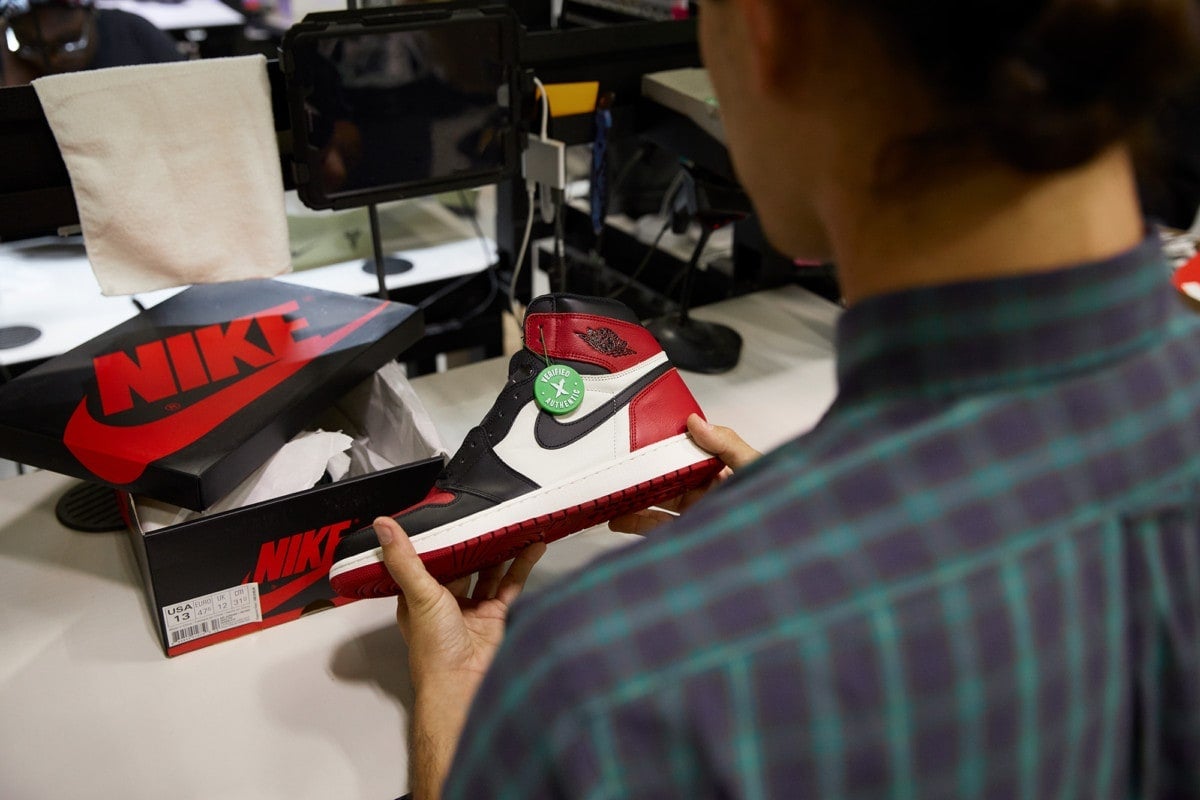Even top resellers like StockX and The RealReal are terrible at spotting knockoffs
When Nike sued sneaker resale platform StockX this month, accusing it of hawking fake shoes, the suit echoed the complaints of many online users. Despite being one of the top sneaker marketplaces, fakes have been slipping through its filters.


When Nike sued sneaker resale platform StockX this month, accusing it of hawking fake shoes, the suit echoed the complaints of many online users. Despite being one of the top sneaker marketplaces, fakes have been slipping through its filters.
While shoppers are willing to take their chances on the authenticity of items at the local consignment store, they expect more from big resellers like StockX, The RealReal, or famous vintage boutiques What Goes Around Comes Around, a celebrity favorite. All of them promise to deliver 100% authentic goods, but a growing pile of lawsuits against them suggest they are falling short.
It’s a problem that will only get bigger as more consumers gravitate towards second-hand, spurring the proliferation of resale sites. According to McKinsey, the luxury resale market was worth as much as $30 billion in 2020 and is expected to grow between 10% to 15% over the following decade. Rising inflation is expected to further boost the sales of second-hand fashion companies.
For resellers, failing to weed out even one fake item can embroil them in a costly and damaging legal battle.
Product authentication is far from an exact science
Verifying whether a pair of shoes or a handbag is real is an arduous process. And unlike high-end auction houses like Christie’s or Bonhams, these platforms are dealing with a volume of goods that’s many times larger and at a lower price point. The lots that pass through auction houses typically fetch hundreds of thousands or millions, so the houses can justify putting a team of people to spend weeks, if not months, verifying the provenance of auction items.
Shortly after The RealReal went public two years ago, CNBC revealed the company often did not verify items despite pledges to do so. When it did, it used low-wage hourly employees who received at most a few hours in training to conduct authentications. Not only was the company sued by Chanel, but by its own investors as well.
The global growth ambitions of these startups—StockX for instance is reportedly planning an IPO later this year—are at odds with the high standards required for due diligence. Even auction houses get it wrong sometimes. Sotheby’s sold six artworks for around $2 million in 2016 and 2017 that it later discovered were counterfeits, and filed a lawsuit against the consignors.
The quality of fakes and the tactics used are growing more sophisticated. There’s even the possibility of shoppers buying a fake from the brand itself or an authorized retailer. There have been multiple instances of scammers buying real goods and duping store employees into accepting a fake version as a return. One woman earned over a million dollars this way before she was caught.
The solution to all of this may lie in blockchain. A few heavyweight luxury players including LVMH, Prada SpA, and Richemont’s Cartier last year banded together to propose a blockchain-solution in hopes of setting an industry standard but for now, the concept remains in its infancy.